The internet is a vast resource for all things. This is especially true in the world of engineering and construction. There are hundreds, if not thousands, of websites that can be used to help someone advance their career or learn more about an industry they have just entered into.
Whether you’re looking for information on how to start your own company or how current legislation affects the field as a whole, numerous sites will provide you with what you need.
The best electrical engineering websites are essential for students and professionals alike. This article features some of the best websites on the web for student and professional alike.
The article also provides links to these sites so that you can start exploring right away!
Electrical Engineering Websites For Students and Professionals
Electrician Mentor - Electrical Engineering Websites For Students and Professionals
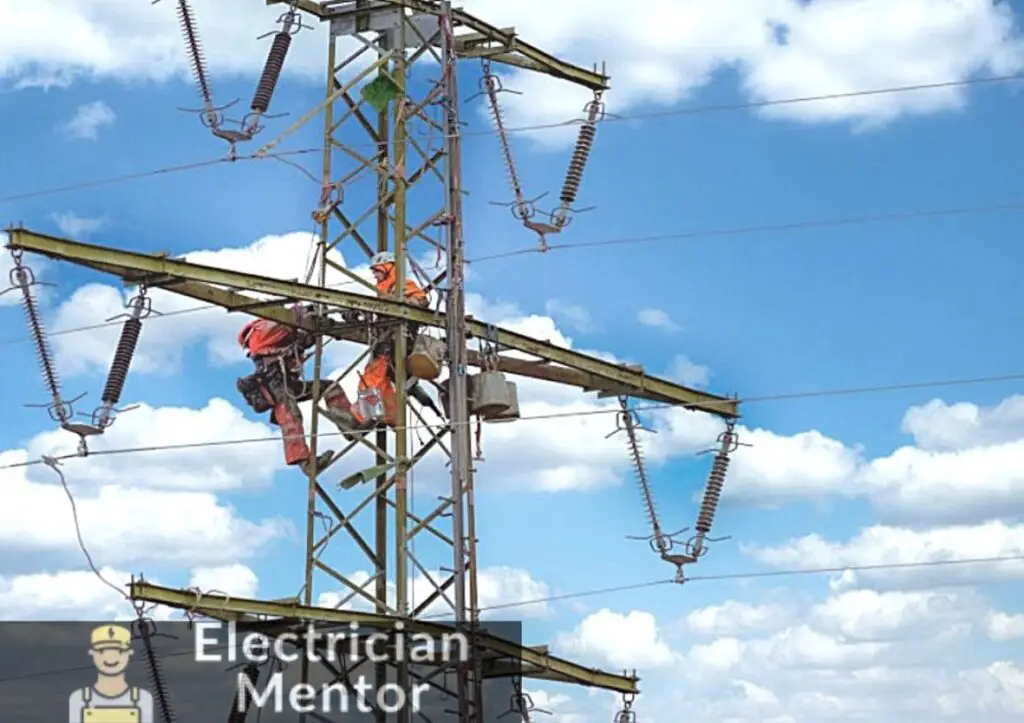
Electrician Mentor is an electrician training site dedicated to all things related to electricians.
We help people become electricians and provide informational content to help electriciansSupposeo their jobs as knowledgeably and effectively. In that case, possible.
The goal of Electrician Mentor is to encourage and teach people how to become an electrician. It has been an incredible journey.
Electrician Apprenticeship Job Description
There are many ways to fulfil certification requirements in different fields, but an apprenticeship is the best option for new applicants. This is the entry position for someone desiring to become an electrician. They are also referred to as apprentices, but some contractors call them helpers.
New apprentices/helpers need professional hands-on training along with formal education to be qualified for certification. The electrician apprenticeship can be combined with the course, or it can be done separately.
Some aspiring helpers participate in training while attending trade school, and some choose to train after school is completed. Some helpers even do apprenticeships for Master Electricians in their local area before starting any vocational program.
In the case of an area that requires the fulfilment of the apprenticeship after being licensed, the student becomes licensed during school and joins the internship after on-site training.
Apprentice electricians or helpers work with electric systems during different processes such as installation, maintenance, replacements, repair jobs, and other related tasks.
Helpers work in both residential and commercial environments. Duties are not limited to projects. However, there is sometimes work to be done in emergencies. Those scenarios require unconventional hours of work at times. The excitement that comes from this is rewarding because individuals participating in apprenticeships is valuable to those in urgent situations.
Some of the duties involve replacing fuse boxes or just fuses and attaching breakers and circuits. Other tasks are wiring outlets and repairing systems in facilities and industrial settings like factories.
Installations require skilful hands and the ability to follow instructions. Even as an apprentice, using the right tools is essential to ensure your work is done safely and efficiently (check out our electrical maintenance tools list for more information).
Outlines are usually given to apprentice electricians for installation plans, and they must know electric devices beforehand. This knowledge comes from a part of the training that isn't hands-on.
Electrician Apprentice HQ - Electrical Engineering Websites For Students and Professionals
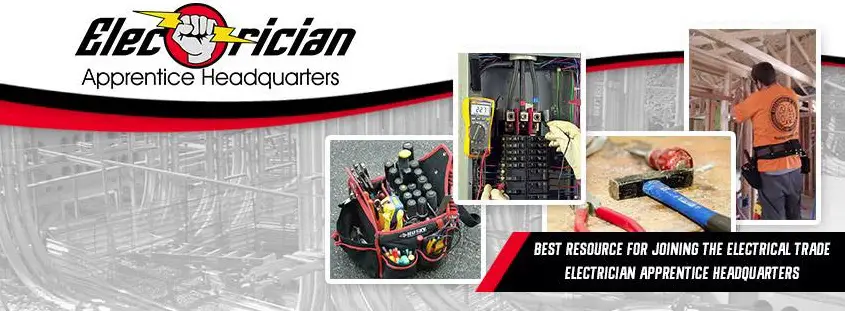
The purpose of building Electrician Apprentice Headquarters was to consolidate all the jargon on the web about becoming an electrician apprentice and streamline it into one site.
As a previous electrician apprentice who has attended a trade school and apprenticeship, Thomas Hawkings, CEO and the founder, understands how difficult it can be to find answers to specific questions about the entire process of joining an electrical apprenticeship.
Electrical 4 U - Electrical Engineering Websites For Students and Professionals
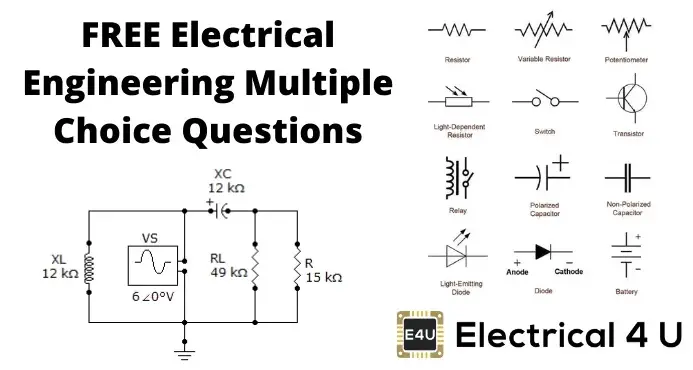
Electrical4U is dedicated to the teaching and sharing of all things related to electrical and electronics engineering.
If you're looking to learn all about electronics and electrical engineering – you've come to the right place.
Electrical4U is dedicated to the teaching and sharing of all things related to electrical and electronics engineering.
To learn about basic Electrical Engineering, check out our Voltage, Transformers, Electrical Symbols, Alternators, DC Motors, Induction Motors, Star Delta Starter, Lenz's law, Faraday's law, and DOL Starters. We also review the best electrical engineering books.
To learn about basic Electronics Engineering, check out our articles on Diodes, Thermistors, High Pass Filters, Active Low Pass Filters, Bandpass filters, Oscillators, Gray Code, Half Wave Rectifiers, Piezoelectric Transducer, and Maxwell Bridges. For those looking for more practical learning, check out our review of the best Arduino starter kits for you to play around with.
To learn more about Control Engineering, check out our articles on Control Systems, Programmable Logic Controllers (PLCs), SCADA Systems, Nyquist Plot, and Bode Plot.
We also explore closely related physics topics such as the Schrodinger Wave Equation, Biot Savart Law, and the Heisenberg Uncertainty Principle.
Electrical Knowledge - Electrical Engineering Websites For Students and Professionals
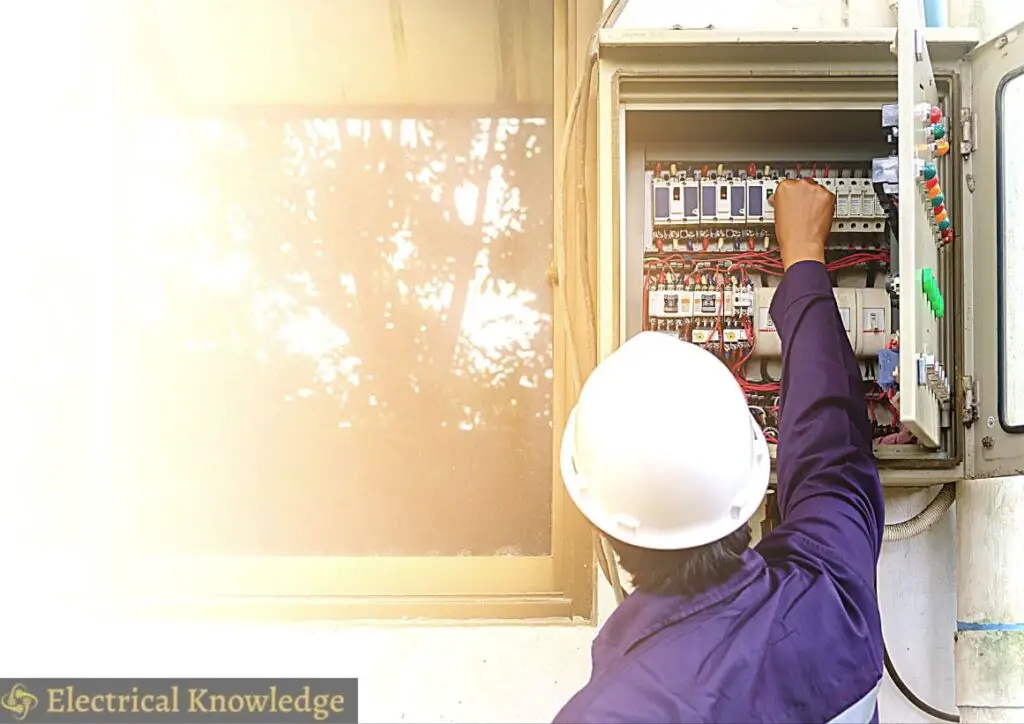
This site is dedicated to the sharing of electrical knowledge.
A place for electrical professionals – including electricians, electrical engineers, electronics engineers and control engineers – to help each other out.
Electrical knowledge's purpose is to collect, warehouse and make freely available information sought by electrical professionals.
We cover a range of electrical theory and concepts, including:
- Basic Electrical Engineering
- Electrical Components and Equipment (including junction boxes, coaxial cables and feeder pillars)
- Electrical Safety
- Electrical Symbols & Terminology (such as multimeter symbols)
- Electrical Wiring
- Fundamentals of Electrical Circuits
- Electrical Tools (including multimeters, wire strippers, insulation resistance testers, electrical circuit tracers, and tone generator and probe kits)
- Electrical Formulas & Theory
- Power Electronics
Electrical Engineering Portal - Electrical Engineering Websites For Students and Professionals
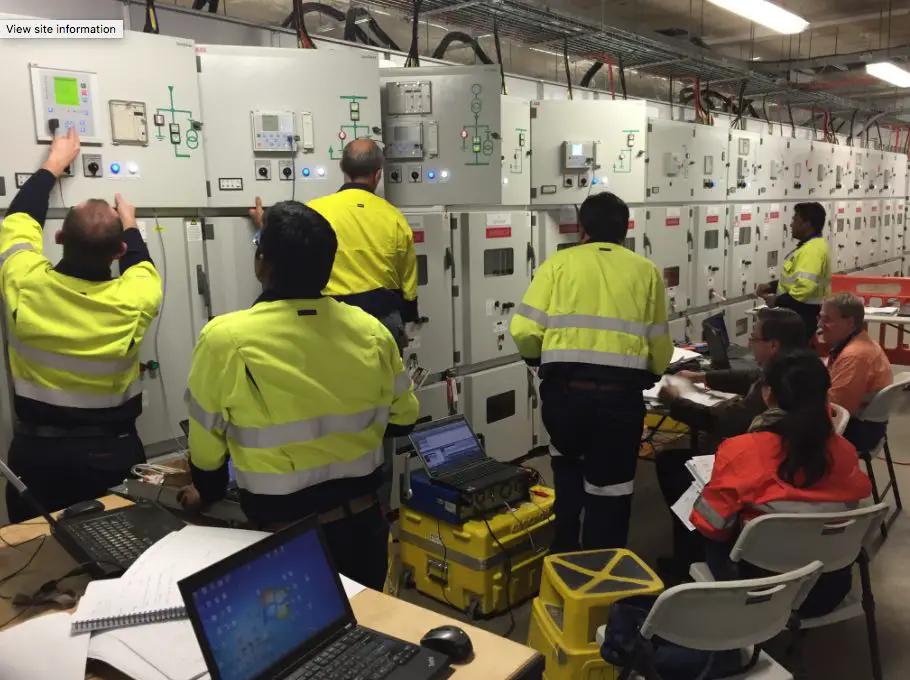
067 5098888
electrical-engineering-portal.com
Electrical Engineering Portal is a worldwide community with members engaged in the electrical power industry.
Get access to premium HV/MV/LV technical articles, advanced electrical engineering guides, papers, and much more! It will help you to shape up your technical skills in your everyday life as an electrical engineer.
General
Engineering Guides
Becoming an excellent electrical engineer requires a lot of passion, training and commitment. This comprehensive section is a resource for individuals and professionals interested in the electrical engineering career path.
This section will find handy books and guides related to electrical science in general, AC/DC electrical circuits, network protection, electrical installations, lighting, etc.
Power Substation Handbooks
Substation engineers nowadays are involved in projects from design and conceptualisation to maintenance. Because of the wide range of industries using electrical engineers, many engineers specialise in electrical engineering sub-disciplines.
Depending on background and expertise, projects can include energy transmission and distribution, protection and control etc.
Electrical Engineering Courses
Starting from the fundamentals of electricity and AC/DC circuits, you can learn three-phase power analysis, power transformers, protection & control of high voltage circuits, short-circuit analysis, substation protection, low voltage distribution design, electric motor and generator applications and troubleshooting, solar energy systems, electrical designing & drafting, etc.
If you are serious about electrical design, you can learn to design electrical systems in the most popular software like Matlab/Simulink, AutoCAD, ETAP, or Dialux.
Who are the Instructors?
The instructors are engineers and senior electrical professionals with a minimum level of 10+ years of experience each. All have served at the highest level of various industries throughout the world.
Who can Attend?
EEP Academy's courses are dedicated to electrical engineers, industrial electricians, substation engineers, electricians, plant maintenance, project managers, and non-electrical industrial professionals.
Advanced Learning
If you're serious about learning and advancing, we recommend taking the EEP Enterprise Membership plan, which includes a 50% discount granted on any purchased courses and bundles at EEP Academy. Premium technical articles, guides, and more are included in this plan as well.
IEEE Electrical Engineering Websites For Students and Professionals
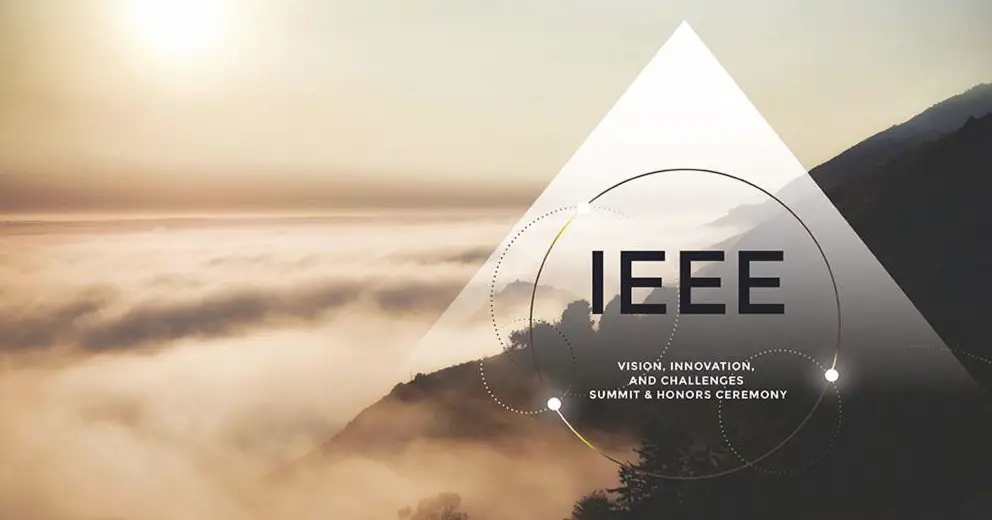
800-678-4333
IEEE is the world's largest technical professional organisation dedicated to advancing technological innovation and excellence for the benefit of humanity.
IEEE and its members inspire a global community to innovate for a better tomorrow through highly cited publications, conferences, technology standards, and professional and educational activities. IEEE is the trusted "voice" for engineering, computing, and technology information around the globe.
IEEE and its members inspire a global community to innovate for a better tomorrow through its more than 396,000 members in over 160 countries and its highly cited publications, conferences, technology standards, and professional and educational activities. IEEE is the trusted "voice" for engineering, computing, and technology information around the globe.
Mission Statement
IEEE's core purpose is to foster technological innovation and excellence for the benefit of humanity.
Vision Statement
IEEE will be essential to the global technical community and technical professionals everywhere and be universally recognised for technology and technical professionals' contributions in improving global conditions.
IEEE Learning Network
The IEEE Learning Network (ILN) is the online website for discovering continuing education from across IEEE.
With hundreds of educational courses available—and more added all the time—ILN offers the latest in continuing education in engineering, technology, and more. Whether you're looking to advance your career, refresh your skills, or just curious about the latest trends, ILN has the content you need. Topics covered include 5G, Smart Grid, Renewable Energy, the Internet of Things (IoT), English for Technical Professionals, and more.
Plus, ILN offers you the ability to:
- Easily search through IEEE's hundreds of educational offerings
- Bookmark a place within a course and return to it later
- Access a transcript of in-progress and completed courses
- Learn what's new in the world of continuing education at IEEE
- Receive continuing education units (CEUs) or professional development hours (PDHs)
- Earn digital certificates immediately that can be viewed and printed on demand
- Complete dynamic assessments to test knowledge of course content
- Participate in surveys/evaluations to provide feedback and recommendations for improvement
- IEEE Member Discounts available
You do not need to be an IEEE member to access ILN. However, you will need an IEEE Account to take or purchase a course. If you do not already have your IEEE Account, it's free and quick to create one.
IAEI Magazine - Electrical Engineering Websites For Students and Professionals
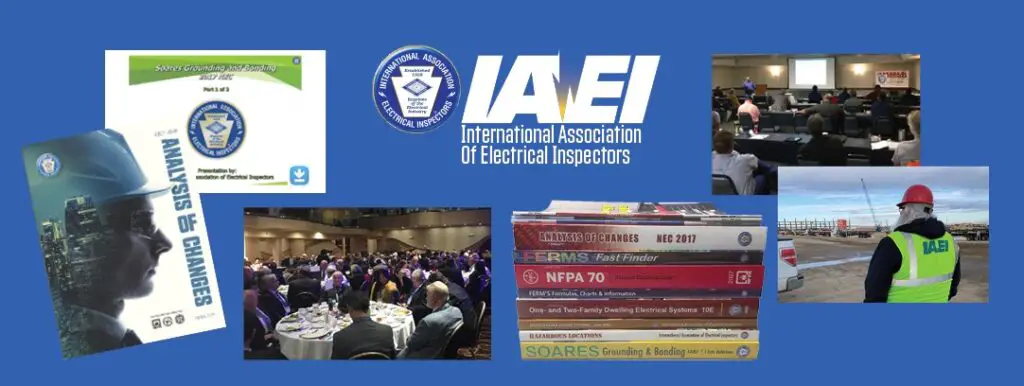
(972) 235-1455
IAEI Magazine provides:
- Educational forums.
- Updates on electrical codes.
- Reports of innovative research to facilitate the development and enforcement of practices designed to drive efficiency and compliance with the highest standards of product development and safety—for the public and electrical personnel.
IAEI News was established in 1928 as the official organ of the International Association of Electrical Inspectors. The magazine reaches authorities with the power of product specification, approval, and acceptance. The magazine is published six times a year.
IAEI Magazine is a bi-monthly publication for informed electrical inspection and installation through well-curated articles authored by electrical code and electrical industry subject matter experts and published by the International Association of Electrical Inspectors.
Schneider Electric - Electrical Engineering Websites For Students and Professionals

(02) 976 9999
At Schneider Electric, we believe access to energy and digital is a fundamental human right. We empower all to make the most of their power and resources, ensuring Life Is On everywhere, for everyone, at every moment.
We provide energy and digital automation solutions for efficiency and sustainability. We combine world-leading energy technologies, real-time automation, software and services into integrated solutions for Homes, Buildings, Data Centers, Infrastructure and Industries.
We are committed to unleashing the infinite possibilities of an open, global, innovative community passionate about our Meaningful Purpose, Inclusive and Empowered values. Our connected technologies reshape industries, transform cities and enrich lives. At Schneider Electric, we call this Life Is On.
Discover Schneider Electric
Schneider's purpose is to empower all to make the most of our energy and resources, bridging progress and sustainability for all. At Schneider, we call this Life Is On.
We believe access to energy and digital is a fundamental human right. Our generation faces a tectonic shift in energy transition and industrial revolution catalysed by accelerated digitisation in a more electric world. Electricity is the most efficient and best vector for decarbonisation; combined with a circular economy approach, we will achieve climate-positive impact as part of the United Nations Sustainable Development Goals.
Our Mission Is To Be Your Digital Partner For Sustainability And Efficiency.
We drive digital transformation by integrating world-leading process and energy technologies to realise your business's total efficiency and sustainability opportunities. We provide end-point to cloud integration connecting products, controls, software and services. We enable lifecycle solutions from design and build to operate and maintain phases through a digital twin.
We deliver capabilities to transform from site-to-site to integrated company management. Our integrated solutions are built with safety, reliability and cybersecurity for your homes, buildings, data centres, infrastructure and industries.
We are advocates of open standards and partnership ecosystems to unleash the infinite possibilities of a global, innovative community passionate about our shared Meaningful Purpose, Inclusive and Empowered values.
We are the most local of global companies; our unmatched proximity to you enables us to understand better, anticipate and adapt with agility to support your business continuity with high ethical standards in everything we do.
Control Automation - Electrical Engineering Websites For Students and Professionals
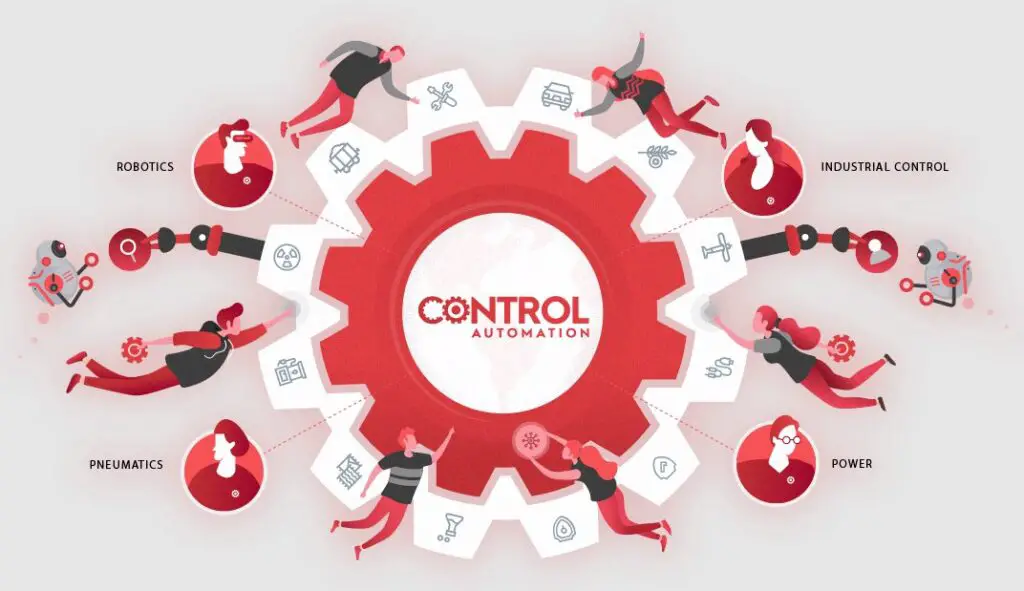
208-429-6533
Network of Engineers
Founded in 1994, Control.com started as an email list back when email lists were new. The group of engineers and experts who have gathered here to share their expertise range from people who have been in the industry for 30-40 years to students who are just developing their skills.
The Control Automation forum is a place to offer your expertise and seek the help of your peers. The platform allows you to ask specific questions and establish connections with others who share similar knowledge in the industry. It also provides a strong sense of community for those solving similar types of problems.
Control.com is a global community of people working in the control field. This is a place to discuss your interests, find solutions, keep up to date, and help others face problems similar to those you've already solved. Control.com works because you contribute to it in the forum of ideas, opinions and experience. Control Automation is a community of control engineers, automation specialists, and experts in the broader industrial field.
Content From Industry Experts
Control Automation's editorial section is dedicated to developing functional, relevant news and insights from all corners of the industry and the engineers who run them.
Our articles highlight new trends, challenges, and solutions, so you have all the skills you need to succeed in the industry.
This industry evolves quickly, and so must the engineering community.
Electrical Construction & Maintenance - Electrical Engineering Websites For Students and Professionals
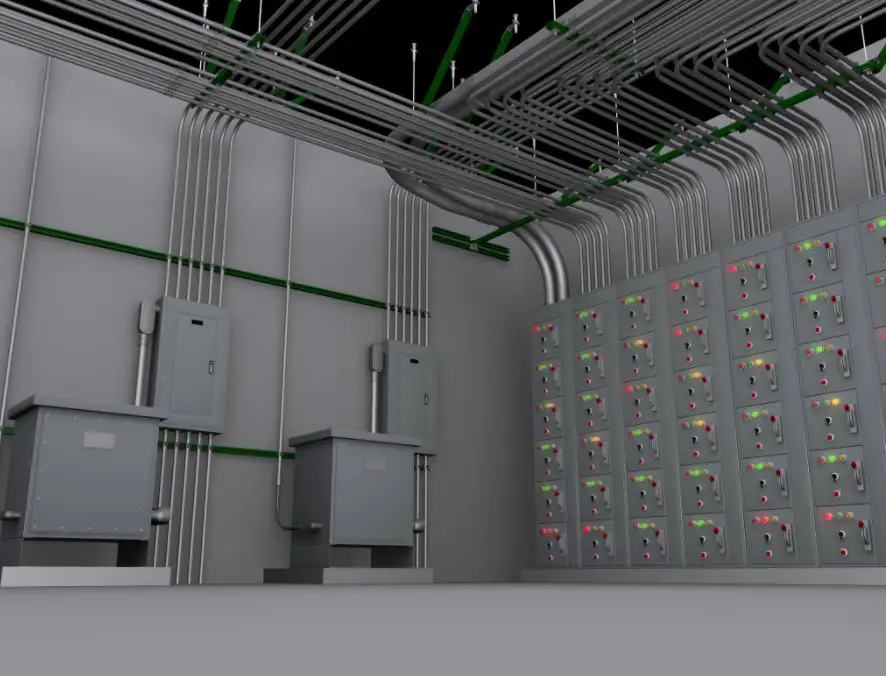
0913-341-1300
EC&M magazine is the technical authority for 130,000+ electrical professionals who design, construct, and maintain electrical systems for all types of businesses and industries.
EC&M for Subscribers
Providing expertise and insights into the latest electrical systems products, solutions and technologies being used in commercial, industrial and institutional building applications.
Training
Providing continued education and training for electrical professionals of all levels — from the novice to experienced industry veteran
FAQ Electrical Engineering
Electrical Engineering (EE) is among the most exciting and challenging engineering fields and are the key disciplines driving a highly technological society. They lead in creating new innovations and technologies in sustainable energy generation areas and designing and developing new products such as smartphones, tablets, biomedical equipment, and electric vehicles, to name a few.
Electrical Engineering (EE) deals with the practical and innovative applications of the laws of physics governing electricity, magnetism and light, which underpin the technologies and products mentioned above.
If you’re interested in how electrical devices work, are inquisitive, and have a strong interest in mathematics and science. You probably already have some essential engineering skills, and an electrical or electronics engineering degree may well be for you. Although technical knowledge is essential, electrical engineers are also involved in designing and building a range of devices, often within teams.
At the bachelor level, an electrical engineering degree will aim to give students grounding in the underlying principles of electronic and electrical engineering, before allowing specialization in an area of interest later on in the course. Students will also be involved in projects working within groups.
Like most engineering subjects, it is best to imagine that you will be committed to your course every day of the working week. Although you almost certainly won’t be sitting in lectures for eight hours a day, your study timetable will be busy and will feature a range of learning methods, including laboratory work, tutorials, lectures, project work, group work and individual research.
Outside of scheduled lessons, you will also be required to develop your knowledge by working your way through your course’s reading list.
Entry Requirements
To study for an electrical engineering degree, you will need a strong background in mathematics and science subjects (especially physics). However, don’t be deterred; many courses will start with some foundation modules designed to ensure this background knowledge is up to the required standard.
For leading universities, it is common to be asked for top grades. For example, University College London (UCL) asks UK students to obtain the A-level grades AAA / A*AB, and international students will be expected to receive the equivalent.
The Faculty of Engineering underwent a revamp in the BEng curriculum. The B.Eng curriculum offers three pathways, each with a different emphasis. Students on all three pathways take the same technical core subjects, which provide a solid common foundation in electrical engineering.
The paths are differentiated by the electives, type of attachments and project work students will experience. The pathway a student chooses will not define or limit the career options which he (or she) can pursue after graduation.
The pathways give students the flexibility to explore electrical engineering with different emphases during their undergraduate studies. Each pathway will provide a strong foundation from which they can begin their journey of life-long learning after graduation.
- Research-focused Pathway (RFP): This prepares suitable students for graduate studies for careers in R&D and academia.
- Innovation & Design Programme (iDP) [formerly known as Innovation & Design Centric Programme (iDCP)]. This is for careers in engineering design and innovation, with an emphasis on entrepreneurship.
- Practising Professional Pathway (PPP): This is for graduates who will be engaged in professional practices/engineering career such as civic services, infrastructural design, deployment and operation of systems and devices.
There are many reasons to choose our Bachelor of Engineering Honours (Electrical) as your first preference.
Acquire the professional skills to create better sensors and computing devices, more efficient energy networks and the latest innovative communications technology.
You will be at the forefront of innovation, gaining important hands-on experience using exceptional facilities such as the Electrical Engineering and Energy laboratories.
Our engineering degrees are designed to ensure our graduates are best positioned to engineer for the digital age and are embedded with enhanced foundation studies in data and computation.
As part of your degree, you will undertake the award-winning Professional Engagement Program enabling you to change your approach to learning through self-reflection and undertake a six-week internship to gain valuable firsthand experience.
Specialise in Computer Engineering, Intelligent Information Engineering, Internet of Things, Power Engineering, Telecommunications Engineering.
Broaden your career prospects by combining your Bachelor of Engineering Honours (Electrical) with a second degree in arts, commerce, science, health science, medical science, laws or project management. Combined degrees are five years in length – this means you do just one extra year to attain two full qualifications, with the same annual workload as a single degree student.
Engineers Australia accredits this degree. Our graduates are also recognised internationally through the Washington Accord of the International Engineering Alliance.
